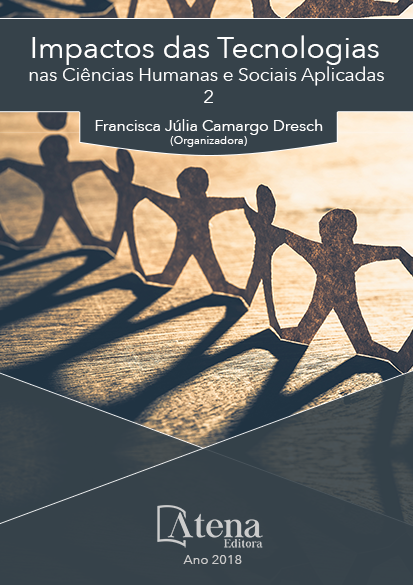
CONSÓRCIO PÚBLICO INTERMUNICIPAL: UMA ALTERNATIVA VIÁVEL PARA A GESTÃO E O GERENCIAMENTO DE RESÍDUOS SÓLIDOS EM PEQUENOS MUNICÍPIOS
A Política Nacional dos Resíduos
Sólidos configurou-se como um marco
regulatório, ressaltando a necessidade
da efetivação de sistemas de gestão e
gerenciamento integrados, capazes de
considerar as dimensões política, ambiental,
cultural, social, dentre outras, integrando
também todos os representantes da sociedade,
sejam eles os responsáveis pela geração
direta ou indireta de resíduos. Essa política
definiu a responsabilidade compartilhada entre
o Poder Público e a coletividade, no dever de
preservar e defender o meio ambiente para
as presentes e futuras gerações, através da
desconstrução da cultura de consumo extremo,
da gestão adequada de resíduos e da busca
pelo desenvolvimento sustentável. É válido
pontuar que gestão e gerenciamento não são
sinônimos. O termo gestão é mais abrangente
e engloba o gerenciamento. Enquanto a gestão
é vista como estratégia e planejamento, o
gerenciamento é mais específico e pontual,
além de envolver técnica e ser responsável por
determinadas ações e operações. Neste sentido,
esse trabalho objetivou verificar a efetividade
dos consórcios públicos intermunicipais como
instrumentos eficientes para a consolidação
de procedimentos adequados de gestão e
gerenciamento de resíduos sólidos, sobretudo
nos pequenos municípios, onde os entraves
e dificuldades nesta questão são constantes.
Para tanto, buscou-se, através de uma revisão
bibliográfica, levantar a problemática dos
resíduos sólidos atualmente no Brasil, sobretudo
os de procedência urbana, dos quais destacamse os resíduos domésticos e comerciais. Dessa
forma, os resultados atingidos puderam reforçar
a relevância da implementação dos consórcios
públicos intermunicipais para resíduos sólidos,
configurando-os como importantes instrumentos
de ação e adequação
CONSÓRCIO PÚBLICO INTERMUNICIPAL: UMA ALTERNATIVA VIÁVEL PARA A GESTÃO E O GERENCIAMENTO DE RESÍDUOS SÓLIDOS EM PEQUENOS MUNICÍPIOS
-
DOI: Atena
-
Palavras-chave: Consórcio Intermunicipal; Gestão Integrada; Meio Ambiente; Resíduos Sólidos.
-
Keywords: ntermunicipal Consortium; Integrated Management; Environment; Solid Waste.
-
Abstract:
The National Solid Waste Policy
configured as regulation mark, highlighting
the necessity of effectiveness of management
systems integrated able to consider the
dimensions policy, environmental, cultural,
social, among others, integrating all the
representatives of society, whether they are
responsible for direct or indirect generation of
waste. This policy defined shared responsibilitybetween the Public Power and the collective, on the duty to preserve and defend the
environment for present and future generations, through deconstruction of extreme
consumer culture, waste proper management and the search for sustainable
development. It is valid to point out that management and management are not
synonymous. The term management is broad and encompasses management. While
management is seen as a strategy and planning, management is more specific and
punctual, besides involving technical and be responsible for certain actions and
operations. In this sense, this work objected check the effectiveness of intermunicipal
public consortia as efficient instruments to the consolidation of appropriate procedures
of management and management of solid waste, especially in the small municipalities,
where the obstacles and difficulties are constant. Therefore, sought through a literature
review, raise the problem of solid waste currently in Brazil, about everything those of
urban origin, of which stand out the domestic and commercial waste. In this way, the
results achieved could enhance relevance of implementation of intermunicipal public
consortia for solid waste, configuring them as important instruments of action and
adequacy.
-
Número de páginas: 15
- Tassiana Justino Fernandes


